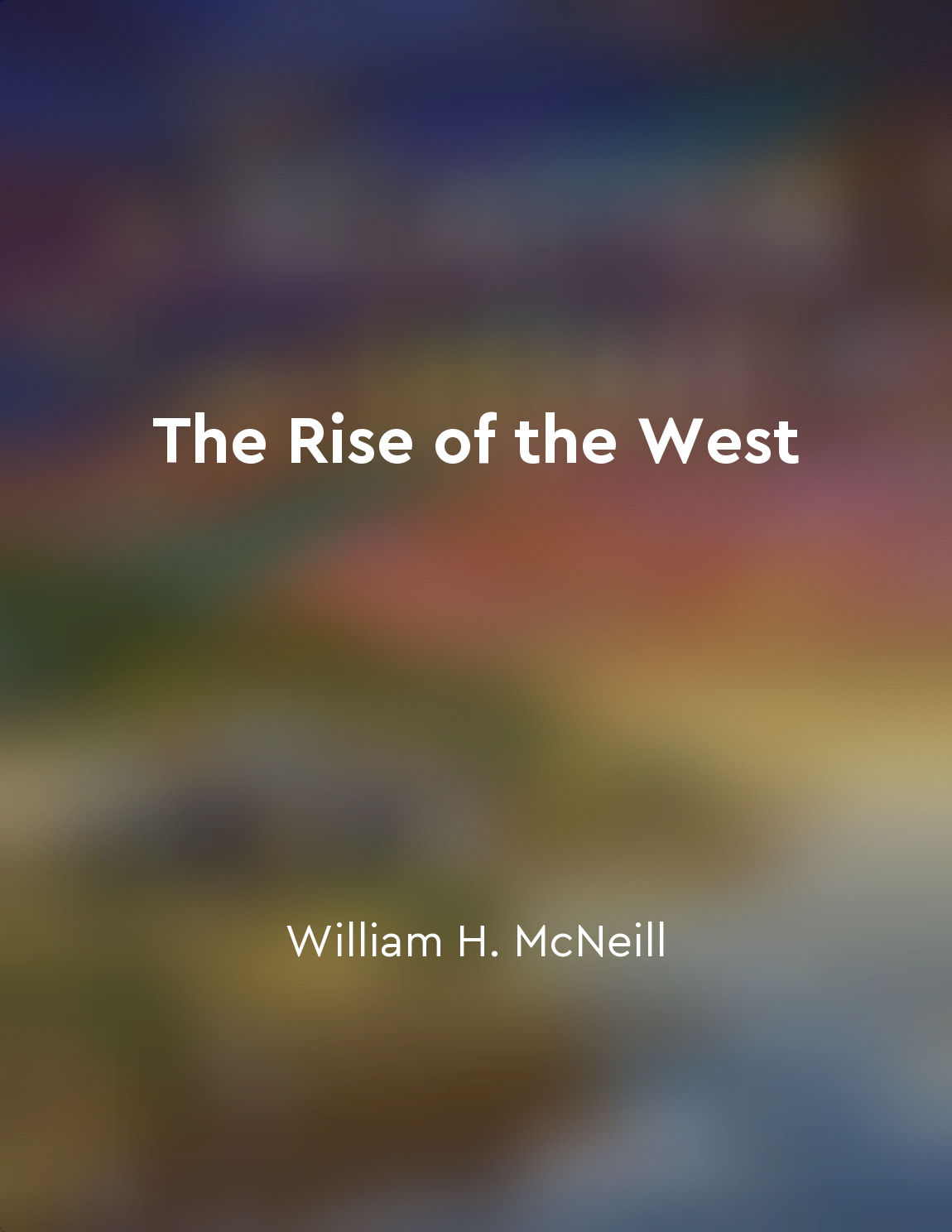The salt trade has led to cultural exchanges between different societies from "summary" of Salt by Mark Kurlansky
Throughout history, salt has played a crucial role in facilitating cultural exchanges between different societies. The salt trade has been a driving force behind the interaction and communication between diverse groups of people. As salt was a highly valued commodity, its trade routes became avenues for the exchange of not only goods but also ideas, beliefs, and customs. The transportation of salt across regions and continents brought people from distant lands into contact with one another. This contact fostered the sharing of knowledge and practices, leading to the enrichment of various cultures. For example, the trade of salt along the ancient Silk Road allowed for the blending of Eastern and Western traditions, resulting in a cultural fusion that influenced art, cuisine, and even religion. Moreover, the demand for salt spurred innovations in technology and infrastructure, which further promoted cultural exchanges. The construction of roads, bridges, and ports to facilitate the transportation of salt also created opportunities for cultural interaction and collaboration. As different societies worked together to overcome logistical challenges in the salt trade, they inevitably shared their expertise and skills, contributing to the advancement of civilization as a whole. Additionally, the cultural significance of salt in various societies gave rise to rituals, ceremonies, and social practices that were shared and adapted across different regions. The cultural exchange facilitated by the salt trade not only influenced the way people lived their daily lives but also shaped their collective identities and worldviews. From salt festivals in ancient China to salt mines in medieval Europe, the trade of this essential mineral left a lasting impact on the cultural landscape of societies around the world.- The salt trade served as a catalyst for cultural exchanges that transcended geographical boundaries and connected people from diverse backgrounds. The interactions facilitated by the trade of salt not only enriched individual societies but also contributed to the collective tapestry of human civilization. The cultural exchanges that occurred as a result of the salt trade are a testament to the power of this essential mineral to bring people together and shape the course of history.
Similar Posts
Salt has been used in warfare as a weapon
Throughout history, salt has played a significant role in warfare, not just as a commodity to be fought over, but as a weapon i...

Technological advancements lead to societal inequalities
Technological advancements, while contributing to the overall progress of society, have also been a source of societal inequali...
Salt has been used in the production of textiles
Salt has played a crucial role in the production of textiles for centuries. In ancient times, salt was used in the dyeing proce...
Cognition influences societal behavior
The way we think—our cognition—shapes the way we behave in society. Our beliefs, values, and ideologies are all products of our...
Males and females have different reproductive strategies
Darwin highlights the fundamental difference in reproductive strategies between males and females in the animal kingdom. This d...
The dawn of civilization marked a pivotal moment in human history
The emergence of civilization represents a turning point in the history of humanity. It marked a transition from the primitive ...

Technology brought new opportunities and risks
With the advent of new technologies, humankind found itself faced with a myriad of fresh opportunities and unforeseen risks. Th...
Cultural factors affect societal development
Cultural factors play a crucial role in shaping the development of societies. The beliefs, values, and practices of a society c...

